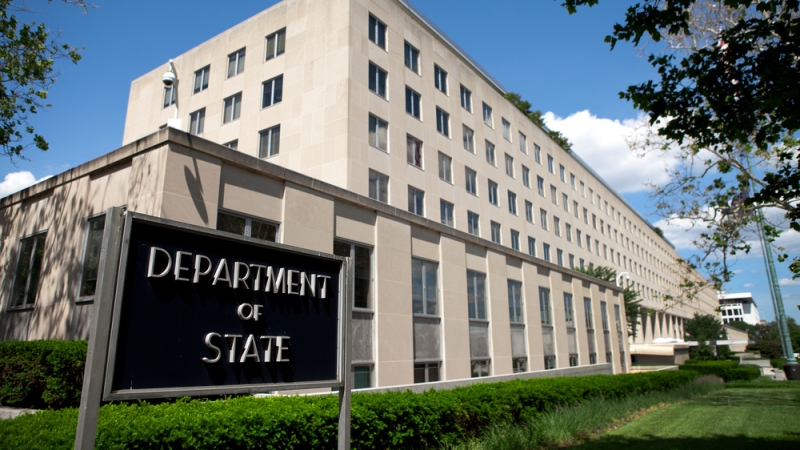
The State Department has selected four scientists to serve as the agency’s 2024 U.S. Science Envoys to help develop international engagement on key science and technology issues.
This year’s envoys were selected to “take advantage of their expertise in key issues facing the world today: Artificial Intelligence; Fusion Energy; Civil Use of Space; and Ocean Sustainability,” the agency said.
“Through the U.S. Science Envoy Program, eminent U.S. scientists and engineers leverage their expertise and networks to forge connections and identify opportunities for sustained international cooperation to advance solutions to shared challenges, champion innovation, and demonstrate America’s scientific leadership and technical ingenuity,” the State Department said.
The work of the envoys helps to “inform the Department of State, other U.S. government agencies, and the scientific community about opportunities for science and technology cooperation,” the agency said.
This year’s cohort features:
- Rumman Chowdhury, a data scientist and CEO of Humane Intelligence, a nonprofit that focuses on building a consensus around the use of AI technology, and a Responsible AI Fellow at Harvard University’s Berkman Klein Center for Internet and Society;
- Stephanie “Steffi” Diem, an assistant professor in nuclear engineering and engineering physics at the University of Wisconsin-Madison whose work includes fusion energy development;
- Sian Proctor, a geoscience professor at Maricopa Community Colleges, the first female commercial astronaut spaceship pilot, and the only African American woman to ever be a space mission pilot; and
- and Dr. Dawn Wright, a geographer, oceanographer, chief scientist of the Environmental Systems Research Institute (Esri), and Courtesy Professor at Oregon State University.
The State Department established the U.S. Science Envoy program in 2010.
In addition to naming the 2014 cohort of envoys, the State Department said it is extending the work of three members of the 2023 cohort: Dr. Jessica Gephart from the University of Washington, Dr. Prineha Narang from the University of California, Los Angeles, and Dr. Kyle Whyte from the University of Michigan.
“These Science Envoys will continue their terrific S&T cooperation in the areas of: illegal, unregulated, and unreported fishing; quantum information science and technology; and the nexus of environmental science and Indigenous knowledge,” the State Department said.
